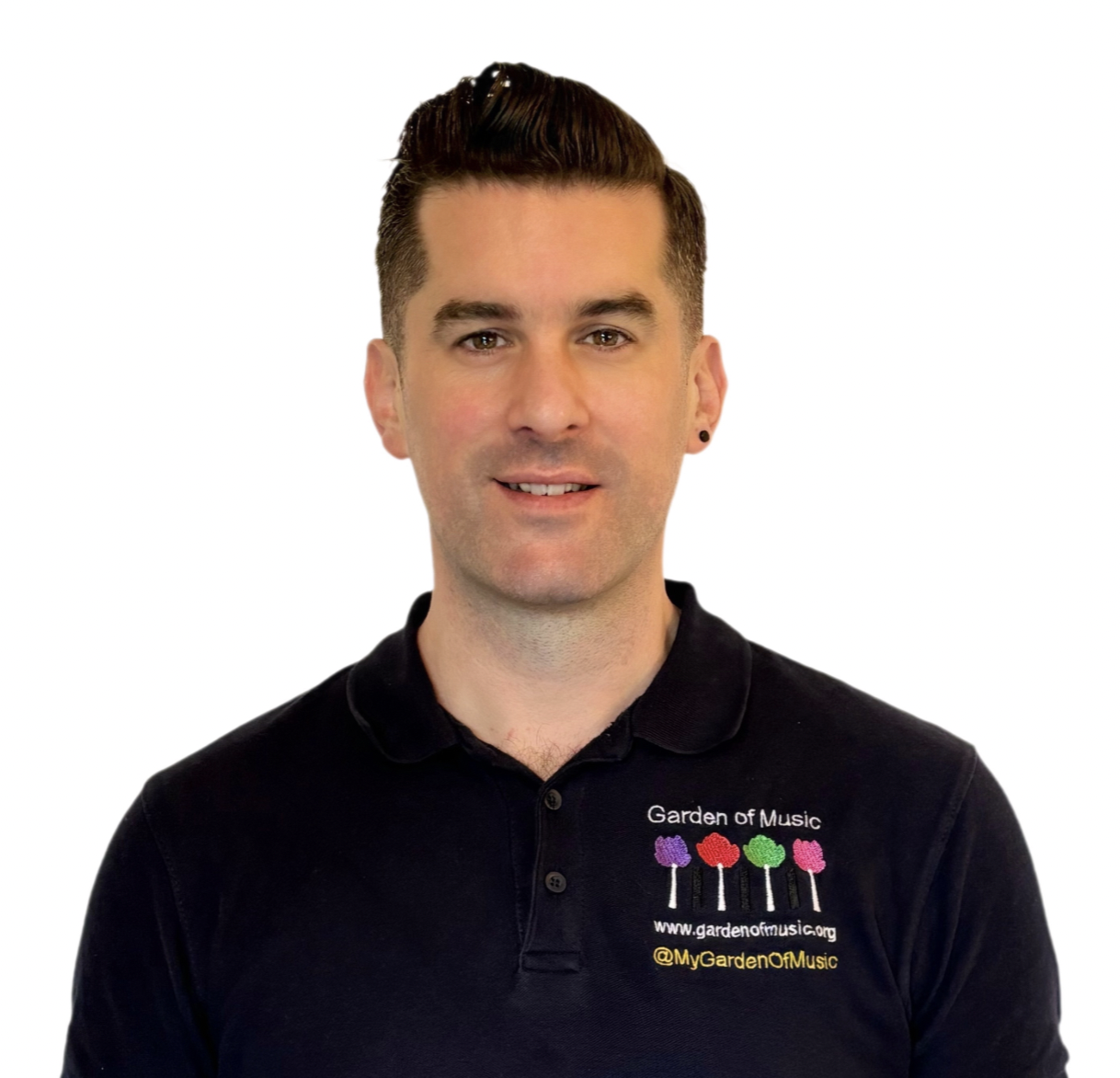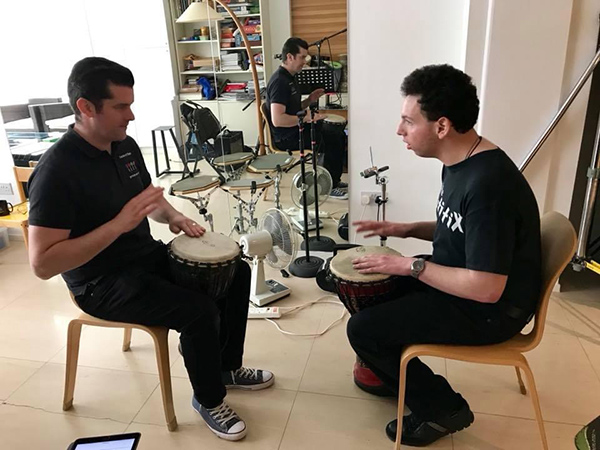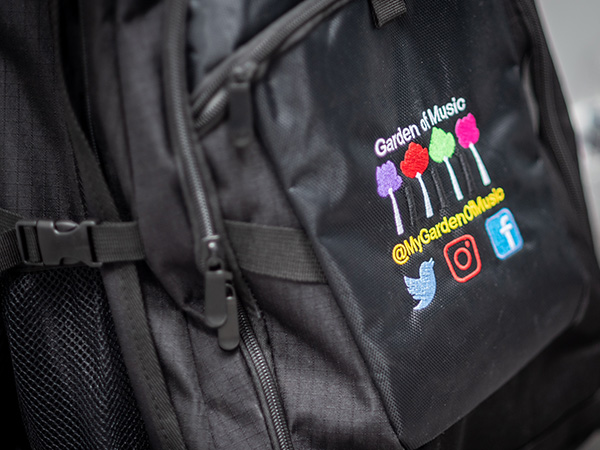About Garden of Music
The “Garden of Music” Story
Garden of Music believes that everyone should have lifelong access and opportunities to both music making and music education. We advocate for musical inclusion. We believe everyone is musical and should have equity to opportunities and provision.
As a Community Music Organisation, we work with anyone who may face barriers to music participation, including those who may experience difficulties in attending traditional and formal music lessons and sessions.
We aim to build partnerships with arts organisations and educational establishments and, through a collaborative approach, work towards developing new, accessible and inclusive musical opportunities, for everyone in the community.
Gary Day is a Community Musician and one of the leading music practitioners in the UK and Ireland, with 20 years’ experience working in accessible and inclusive music making and education.
Gary has worked with many different music organistaions over the years as a trainer, mentor, teacher and facilitator delivering a diverse range of music sessions and projects.
- Great Ormond Street Hospital, London, with GOSH Arts
- The Amber Trust
- Live Music Now
- Education Authority N.I
- The Drake Music Project N.I
- Barnardo’s N.I
- London Symphony Orchestra
- London Philharmonic Orchestra
- Drake Music, London
- Music Generation Ireland
- Birmingham University
- Leeds Conservatoire
- Trinity Laban, London
- Museum of London
- National Deaf Children’s Society
Why Garden of music?
Many barriers currently prevent people of all ages and backgrounds from accessing musical opportunities, such as learning an instrument and taking part in educational and recreational music events.
Some children and young people are growing up believing that they can’t play music, or they are not clever enough to play music.
We know that with encouragement, support and access, these assumptions can be challenged and with positive learning experiences can be transformed.
There is overwhelming evidence & research that demonstrates the positive impact of playing and listening to music. Learning to play an instrument, participating in group activities and listening to music, are so important to our personal development and growth and is why Garden of Music works to remove barriers to music making.
Evidence also shows us, that as well as the enjoyment that playing a traditional instrument, a music technology instrument, or singing a song can bring, music can also support development of literacy skills, social cohesion and inclusion.
“People from a range of different backgrounds can experience benefits to their emotional and physical well-being from making music with an increased sense of self-worth, enhanced social skills and wider social networks.”
“Musical activities can lead to a sense of accomplishment, enhanced determination and persistence and of children being better able to cope with anger and express their emotions more effectively. There are also reported benefits in terms of discipline, time management, relaxation, coping with difficulties, communication, and the ability to work with others.”
Susan Hallam – The Power of Music
We believe our society is embracing change continuously and can achieve inclusion, by respecting equality & diversity and being open to change. In particular by addressing barriers that create inequality, removing the many physical and attitudinal barriers to accessing musical opportunities.
Garden of music believes music making and use of technology is an essential and valuable way to bring about change, for any individual, the community and the wider society of which we all play a part. Put simply music making is part of our humanity and a right that all should have.
In order for each person to have the opportunity to reach their full potential and to flourish, we ensure accessibility is in place. We will plan and develop our music sessions and events to ensure each person we work with has a positive experience.
What do we do differently?
We want to move forward in our practice from ideas such as, SEN and SEN/D as we better understand Disability Equality, and listening to the voices of Disabled People these terms do not reflect the social model in our future practices that respect equality and challenges dominant assumptions about disabled people.



